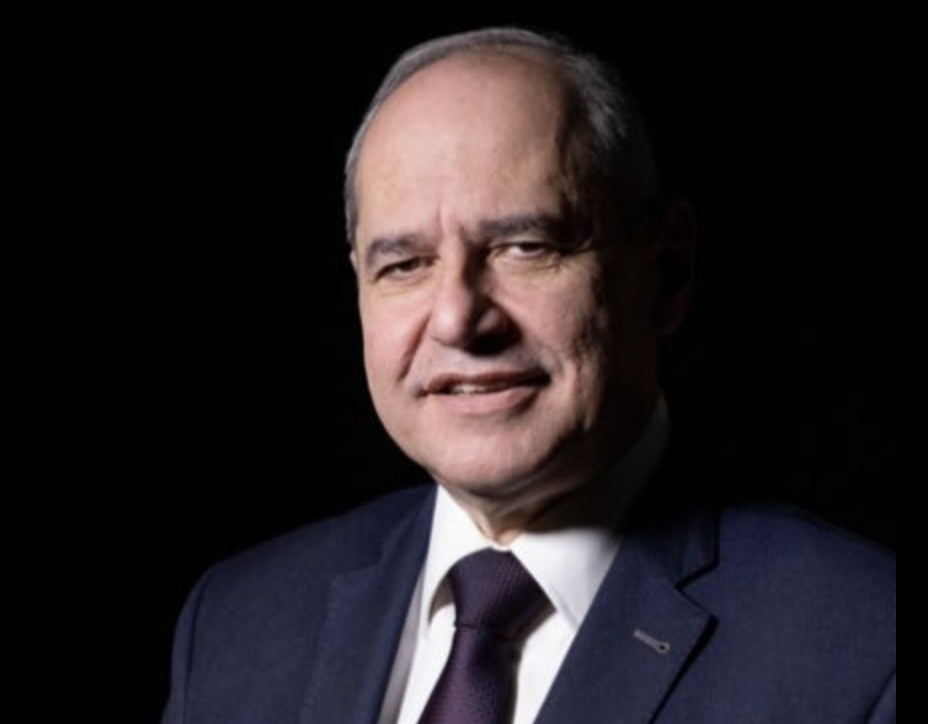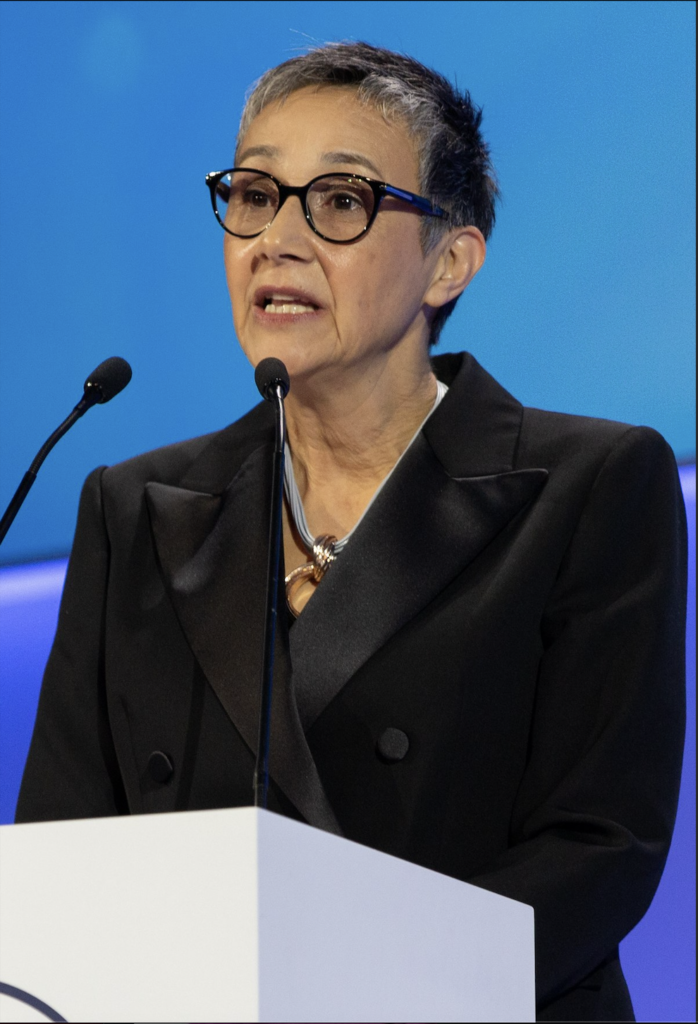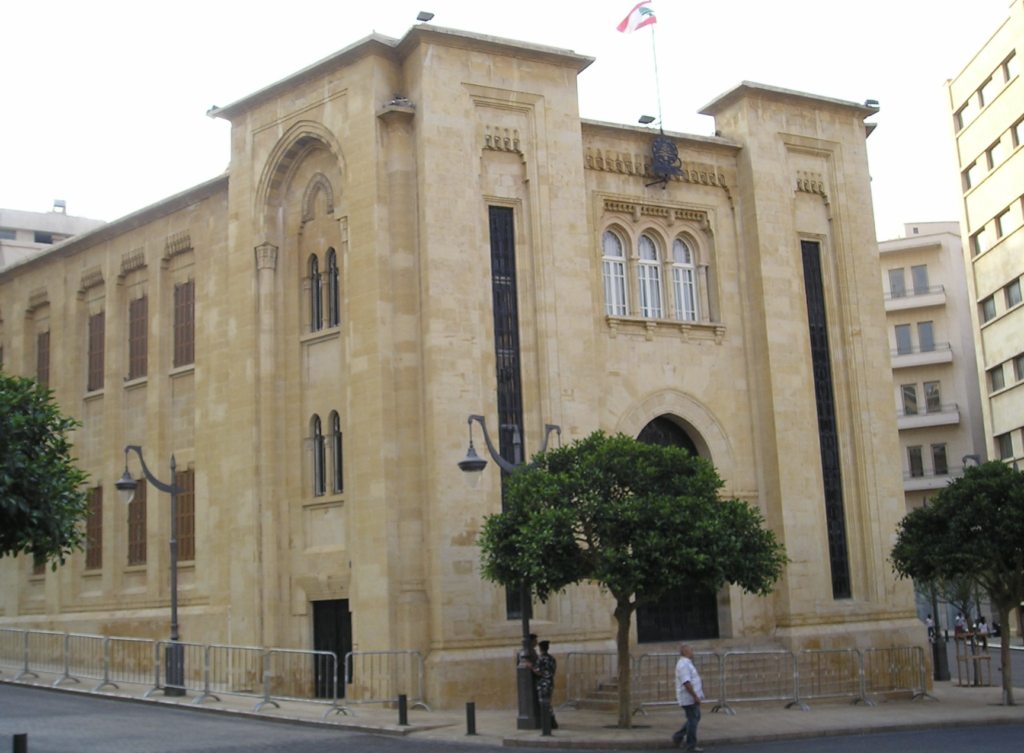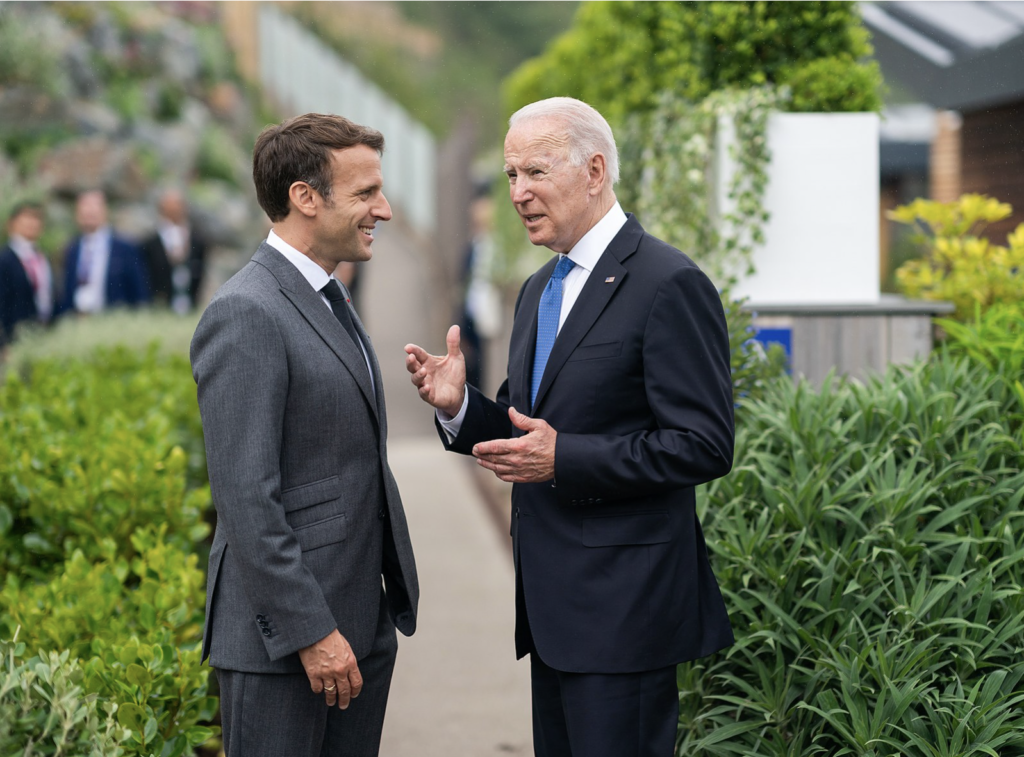Lebanon's Prolonged Presidential Vacancy

By: Adam Abdel-Qader / Arab America Contributing Writer
Since October 31st, 2022, Lebanon’s presidential role has been vacant. This occurrence will count as Lebanon’s 4th presidential vacancy crisis. As the two Members of Parliament, Dr. Najat Aoun Saliba and Attorney Melham Khalaf, recount in the recent zoom discussion on February 9th, 2023, “The View From Paris: Is There a Way Out of Lebanon’s Presidential Vacuum?” without a president, the government, institutions, and Parliament are in a state of “internal paralysis.”
This recount will reflect on the key points brought up by scholars, activists, and the two members of Parliament within Lebanon that have chosen to speak out on the presidential vacancy and political stagnation.

State of the Parliament:
In October 2022, the plan was to elect the next President; however, candidates required majority votes within the Parliament. As of January 2023, there have been eleven sessions of presidential elections that have ended in presidential candidates consistently failing to obtain a majority.
The two MPs that attended the zoom conference in February talked of the internal paralysis within the Parliament, and they had much to say. Dr. Saliba and Mr. Khalaf have called for “reinstating some normalcy in the parliament.” After many of the talks and negotiations that have taken place within the Parliament throughout the vacancy, the consensus among the 128 parliament members was not to hurry in making any decision until 2024. This consensus, pushed by Lebanon’s dominant sectarian leaders, could be potentially detrimental to the country in the long haul, as the two MPs pointed out in the discussion.
While some members of Parliament have set aside the election, the reality of the situation goes as follows. If the government is to attend to the needs of the people, it will only achieve this through setting a standard of “normalcy” and electing a fit president. Lebanon will accomplish reform efficiently once a Head of State formally holds the incumbent position.
Simple governing tasks such as declaring the “price of bread, petrol, medicine, and all basic needs” will be troublesome, and as Mr. Khalaf said, “nobody is here to take care of it with a vacancy in the presidency.”
Article 75 of the Lebanese constitution states that a president must be elected without hesitation before the Parliament can discuss any other activity or matter. “The Chamber meeting to elect the President of the Republic shall be considered an electoral body and not a legislative assembly. It must proceed immediately, without discussion of any other act, to elect the Head of the State.”
The Parliament has yet to give a timely response concerning the article. Mr. Khalaf and Dr. Saliba are actively trying to bring these questions and concerns to light with their recent sit-in on Parliament in a push towards reemphasizing the need for a president and the necessity of a “state of flow,” in Dr. Saliba’s words.
Regarding actual reforms that need to be made, there are many, but the most substantial reform brought up in the meeting were those that need to be made to secure a bailout deal with the International Monetary Fund (IMF) to boost the economy.

Regional and Western Influence:
The situation has drawn much support from the international community. This support is partly due to the tremendous economic opportunity that Lebanon could achieve and offshore gas that could become available if stagnation is cut short.
Countries like the United States, Egypt, France, Qatar, and Saudi Arabia are particularly invested in the situation because of differing motivations. The mentioned nations also convened in an international meeting in Paris on February 4th, 2023, to discuss methods of ending the vacancy. Notably, there should have been a Lebanese representative at the conference in Paris; however, there was none.
Saudi Arabian participation is critical as they are consistently considered a focal point in the region and crucial in setting up any international effort for Lebanon.
Gas in Lebanon and its economic potential remain the leading cause of Egypt’s involvement in the crisis. Egypt’s participation, however, was notably less prominent in the meeting than it had been in past presidential vacancies.
Qatar is debatably the most noteworthy regional player amidst the crisis as it pushes for offshore gas and continues collaborating with the US and Israel on solving the political stagnation.
As professionals from the meeting have put it, France should be the first country to understand the symbolic importance of this situation, and by most means, they do. The Paris summit was France’s attempt to coordinate and set parameters for what Qatar can do in Lebanon. Although tending to be under controversy, President Macron has pushed forth a message that he is trying to coordinate at his best for the Lebanese people.
The United States and the Biden administration, although preoccupied with Ukraine, China, Russia, and other international matters, played a significant role in the meeting due to their interests in Lebanon and embracing democracy in the Middle East. Vital interests for the US are supporting the Lebanese army, supplying humanitarian aid, conjoining Lebanon with the Mediterranean gas forum, other general reforms, and an overall road map of what the new government plans to accomplish once they are given an incumbent.

A Multilateral Solution:
As we start to approach the mid-way point of the year, it is clear that there needs to be a significant change brought about, especially when considering the Paris summit ended without an official communique declaring a plan for Lebanon.
A practical perspective and a potential solution can be seen in the writings of journalist, activist, and attorney Ralph Nader. Nader asserts the situation in a multilateral view and offers a bold yet compelling solution:
“Nader calls for ‘representatives of a broad spectrum of Lebanese public opinion petition the UN Security Council under Chapter VII to establish a UN Transitional Authority for Lebanon headed by a designee of the Secretary-General and entrusted with the short-term governance of Lebanon with apolitical experts (drawn from vast pool of accomplished political and business professionals in the Lebanese emigre community)…and tasked with the organizing and conducting an election of a constituent assembly to write a new constitution with a subsequent referendum.'”
– Ralph Nader
With the help of the United Nations, Lebanon can accomplish a legitimate and lasting change, as Nader asserts. Furthermore, this would decrease the likelihood of recurring presidential crises.
Conclusion:
While it is a rather dramatic situation for Lebanon, international support surrounds it. A narrative within the presidential vacancy expresses the need to help the people of Lebanon and the progression of democracy in Lebanon, which is undeniable.
As Mr. Khalaf stated at the end of the zoom discussion, the overall goal is to elect a president and “create hope for our population.”
Check out Arab America’s blog here!








